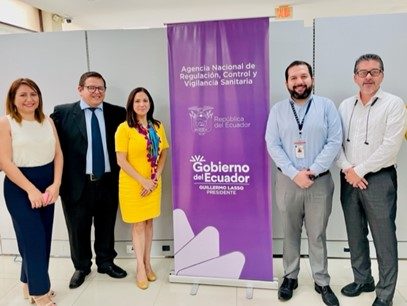 Global trade has undergone transformative shifts since 2013 when the Ministerial Conference of the World Trade Organization (WTO) concluded the multilateral Trade Facilitation Agreement (TFA) negotiations. Over the last decade, including a pandemic that accelerated digitalisation, developing countries and least developed countries (LDCs) have made substantial strides in meeting their TFA commitments, adopting reforms and embracing key principles to bolster their cross-border operations.
Global trade has undergone transformative shifts since 2013 when the Ministerial Conference of the World Trade Organization (WTO) concluded the multilateral Trade Facilitation Agreement (TFA) negotiations. Over the last decade, including a pandemic that accelerated digitalisation, developing countries and least developed countries (LDCs) have made substantial strides in meeting their TFA commitments, adopting reforms and embracing key principles to bolster their cross-border operations.
Considering what has been achieved, as we move forward, I believe a more targeted and practical approach is necessary to optimise the benefits of trade facilitation.
The TFA, with its approximately 35 technical measures, is an ambitious, innovative, and flexible instrument. However, it has been undermined by the expectation of universal applicability, when in fact not every TFA provision is relevant or feasible across diverse economies, including developed countries. Thus, a tailored model, where trade facilitation principles are harnessed to align with national and regional development goals, may be more appropriate for the continuous modernisation of international trade.
Published Date: September 14, 2023
